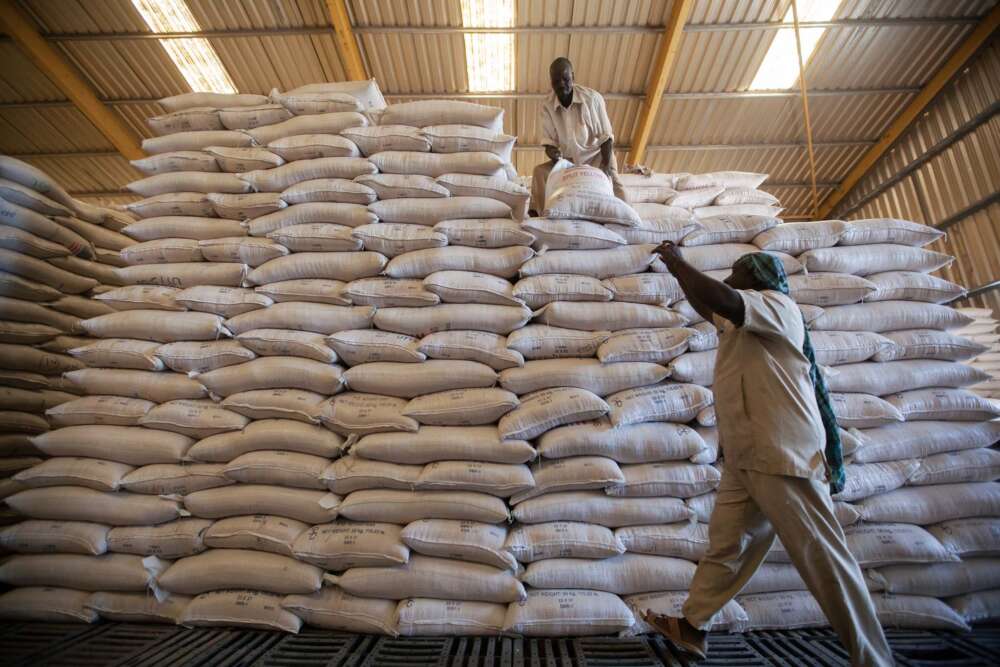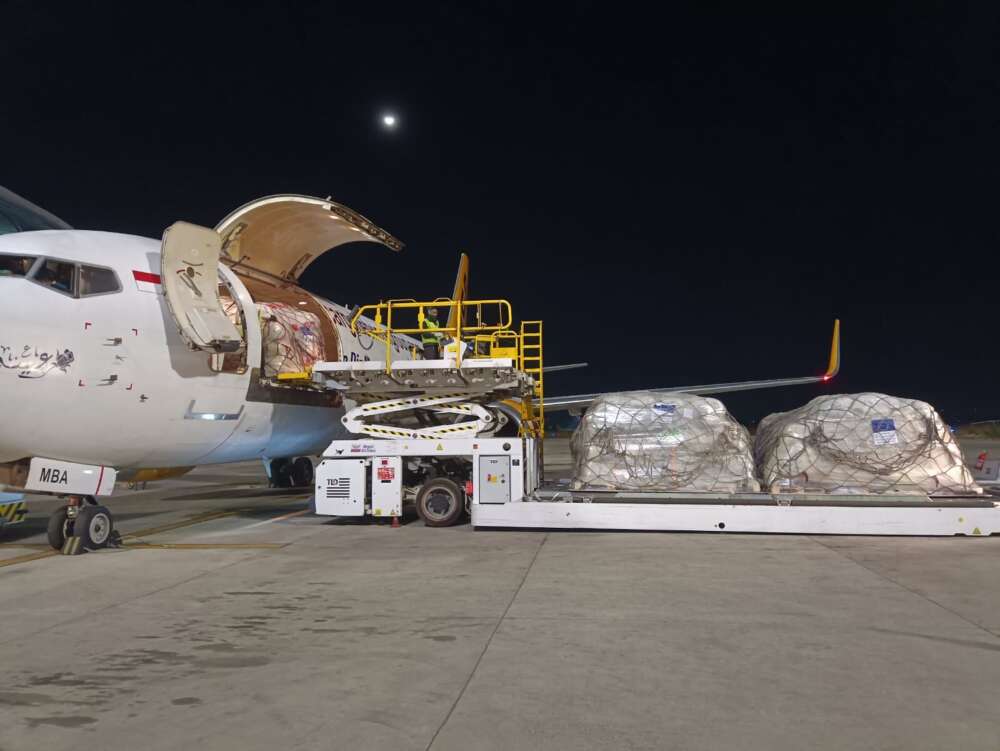Evaluation of the Protection Standby Capacity (ProCap) and Gender Standby Capacity (GenCap) Projects
Executive Summary
The Protection Capacity Standby Project (ProCap) and the Gender Capacity Standby Project (GenCap) are inter-agency resources to strengthen the humanitarian system’s capacity in protection and gender. The projects maintain rosters of senior experts deployed to countries in emergencies. The ProCap project has also developed a protection training for members of other surge capacity mechanisms. Both projects were initially designed as temporary stop-gap measures.
This evaluation was commissioned to inform the decision over whether the projects should now be phased out, maintained or expanded and to provide concrete suggestions for change. To do so, the evaluation assesses the projects’ effectiveness, sustainability and relevance, as well important success factors related to their management and administration. The evaluation’s findings are based on an extensive document review, two surveys with a total of 399 respondents, four country visits to Zimbabwe, South Sudan, Sudan and Pakistan and 199 interviews. Two learning workshops were conducted to verify findings and refine recommendations.
Effectiveness
The evaluation found that GenCap advisers have made an effective contribution to raising awareness and increasing the understanding and acceptance of gender among humanitarian actors. They did so mainly by introducing the Gender Marker, a tool for rating the gender sensitivity of project proposals, by offering training to humanitarian actors in country, as well as a broad range of other activities. These activities also contributed to an increased – though still insufficient – inclusion of gender issues in humanitarian planning documents. However, the evaluation team found little evidence that this translated into concrete changes in the implementation of humanitarian projects on the ground.
In some deployments, GenCap advisers also supported coordination structures. These efforts were at times hampered by institutional tensions between the different gender-focused agencies on the ground. Nevertheless, they typically resulted in more dynamic and effective coordination during the advisers’ period of stay.
ProCap officers made an important contribution to strengthening protection coordination and response. Where ProCap officers had a coordination mandate, they usually managed to strengthen protection coordination and often created useful strategies and tools for cluster members. In several cases, ProCap officers designed protection-related policies that were subsequently adopted by the concerned governments. When dealing with governments that reacted sensitively to protection issues, ProCap officers in some cases achieved breakthroughs and significantly broadened the space for humanitarian protection efforts. By contrast, the evaluation team found little evidence that ProCap officers had made any significant contribution to mainstreaming protection into the work of humanitarian organizations. In addition, it found ProCap deployments that focus on filling human resources gaps of individual agencies were not cost effective.
The protection training designed and initially offered by the ProCap project was little known among humanitarian actors in country. However, confirming the findings of an earlier evaluation, those who had attended the training rated it as highly effective. Moreover, humanitarian actors articulated a strong need for broad, in-depth, inter-agency protection training.
Sustainability
Ensuring institutional follow-up and sustainability remains an issue for both projects, especially for GenCap.
The evaluation team found that institutional follow-up to GenCap deployments was weak in most cases because there is no clear institutional leadership for gender in humanitarian action. Coordination efforts suffered most markedly from the lack of institutional follow-up. In the cases analyzed, coordination meetings lost their vigor and effectiveness or even ceased existing following the departure of the advisers. In some of these cases, however, tools and strategies developed for coordination fora continued to be used after the end of deployments. While the long-term effects of increased gender awareness and understanding are difficult to gauge, humanitarian country teams tend to lose that awareness and understanding over time due to high staff turn-over. Effects within individual countries were easier to sustain when GenCap advisers trained national staff and local organizations or when they trained others as trainers.
In the case of ProCap, follow-up was stronger as institutional leadership for protection is clear in most situations. In a majority of the cases analyzed, coordination arrangements therefore continued to be effective after the end of deployments. Many of the tools and strategies also continued to be used, though they tended to become outdated over time.
Relevance
Humanitarian actors at the country and global level almost unanimously stated that both projects continued to be highly relevant. The collected evidence confirms this impression but suggests that priority needs and gaps related to protection and gender have evolved over recent years. The priorities and focus of the projects should therefore be adapted accordingly.
Regarding gender, the framework conditions have changed over the past few years – in part thanks to the support of the GenCap advisers. When the GenCap project was launched, many humanitarian actors reacted with skepticism or even open hostility to gender issues. Today, most humanitarian organizations at least rhetorically acknowledge the importance of gender and many have adopted gender policies and/or appointed gender focal points. While formal commitment to gender has thus increased, the humanitarian system struggles to translate increased awareness into concrete changes in project implementation. This is among other reasons due to a persisting gap in strategic gender analysis, a frequent lack of active buy-in from agency leadership at the country level and Humanitarian Coordinators, as well as problems in implementing policy changes at the operational level. With their high level of technical expertise and skills, GenCap advisers would be well suited to help filling these gaps.
In the area of protection, coordination capacity was one of the most acute gaps at the time of the creation of the ProCap project. This gap has slowly been narrowing as UNHCR (the protection cluster leader) has started to build its capacity for coordinating protection responses. However, many other areas continue to need support by senior protection officers, and many of these needs will likely be ongoing rather than short-term gaps. Thus, the evaluation team identified a need for supporting humanitarian organizations without an explicit protection mandate to make their work more protection sensitive (“protection mainstreaming”). The evaluation team also identified a need for strengthening the protection capacity of humanitarian staff through training. In addition, organizing effective protection coordination and response is often difficult in the context of integrated missions and in situations in which governments are sensitive about protection issues. Moreover, situations in which senior protection officers can add significant value by developing policies or tools, or by helping to roll our new policies or tools, are likely to arise in different contexts.
Management and Administration
When assessing factors that enable or hinder the projects in fulfilling their mandate, survey participants and interviewees highlighted only a few issues related to the projects’ leadership, management and administration. Overall, both advisers and other humanitarian actors highly appreciated the current setup and operations. Among others, they identified the following minor issues that should be addressed:
- Insufficient commitment from the projects’ Steering Committees;
- Insufficient staff capacity in the projects’ Support Unit hosted by UN OCHA;
- The short-term financial planning horizon of the projects;
- Delays in deployments relating to request procedures;
- A low level of requests, especially for ProCap;
- Global allocation patterns of project capacities that do not reflect the severity and acuteness of crises, especially for GenCap;
- At times inadequate logistical, administrative and financial support to advisers by host agencies;
- Demands for ongoing training of ProCap officers and GenCap advisers, especially regarding soft skills;
- The lack of diversity especially in the ProCap roster.
Conclusions
The evaluation concludes that the GenCap and the ProCap projects remain highly relevant. It recommends that both projects should be continued in the medium-term future, either at their current level or in a slightly expanded form. The evaluation proposes to maintain the projects’ governance arrangements and to fine-tune their operations. It suggests adjusting the projects’ priorities so that they focus on the most important current needs and gaps concerning gender and protection. Since the contexts for protection and gender interventions are bound to evolve further, the evaluation suggests an ongoing monitoring and evaluation mechanism for the two projects.
OCHA Response
UN OCHA uses a management response matrix to respond to and follow up on recommendations. You can download the matrix for this evaluation.







